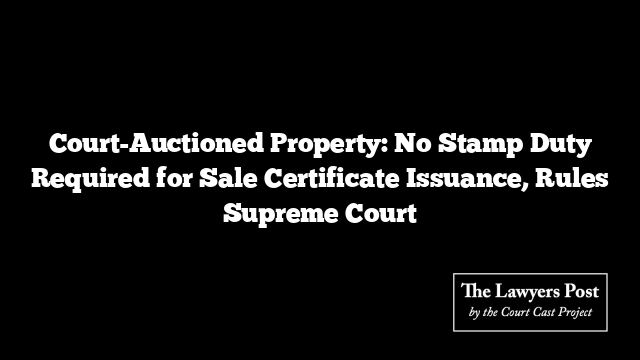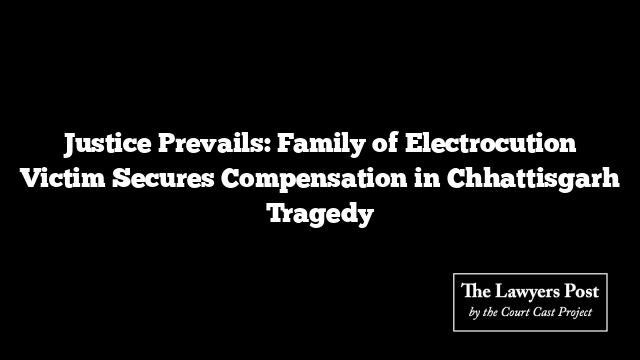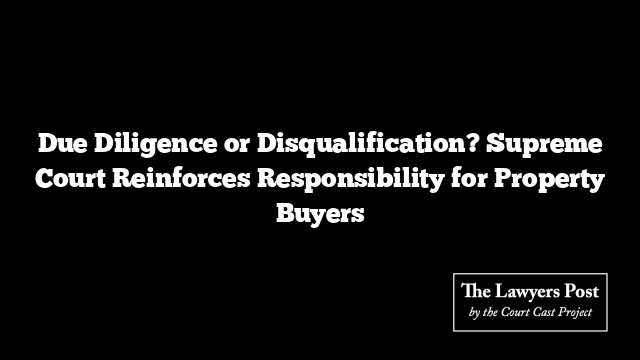In a significant ruling, the Supreme Court has clarified that a sale certificate issued after a court-ordered auction does not require the payment of stamp duty for issuance. The Court also established that such certificates are not subject to mandatory registration unless used for purposes beyond their issuance.
The bench, comprising Justices JB Pardiwala and R. Mahadevan, noted that under the law, a sale certificate is merely proof of ownership and not a document that transfers title. The title, the Court emphasized, is transferred only upon the confirmation of the auction sale by the competent authority.
Key Observations:
- The Court ruled that filing the certificate with the registration authority under Section 89(4) of the Registration Act is sufficient, without requiring additional registration.
- The obligation to pay stamp duty arises only when the sale certificate is presented for registration or used for purposes other than its original issuance.
Case Background:
The dispute arose when M/s Ferrous Alloy Forgings Pvt. Ltd., the successful bidder in an auction of mortgaged properties belonging to M/s Punjab United Forge Limited, faced a demand for stamp duty by the Registrar upon applying for the sale certificate. The High Court sided with the auction purchaser, stating that the certificate did not require stamp duty at issuance.
The State of Punjab challenged this decision in the Supreme Court, which upheld the High Court’s judgment. The Court reiterated precedent from Municipal Corporation of Delhi v. Pramod Kumar Gupta (1991) and other cases, confirming that sale certificates serve as evidence of title and are not instruments of transfer.
By dismissing the appeal, the Supreme Court underscored that the title in such cases is conveyed through the sale confirmation, not the sale certificate itself.
This decision resolves ambiguities surrounding court-ordered property auctions, offering clarity on registration and stamp duty obligations for auction purchasers.





